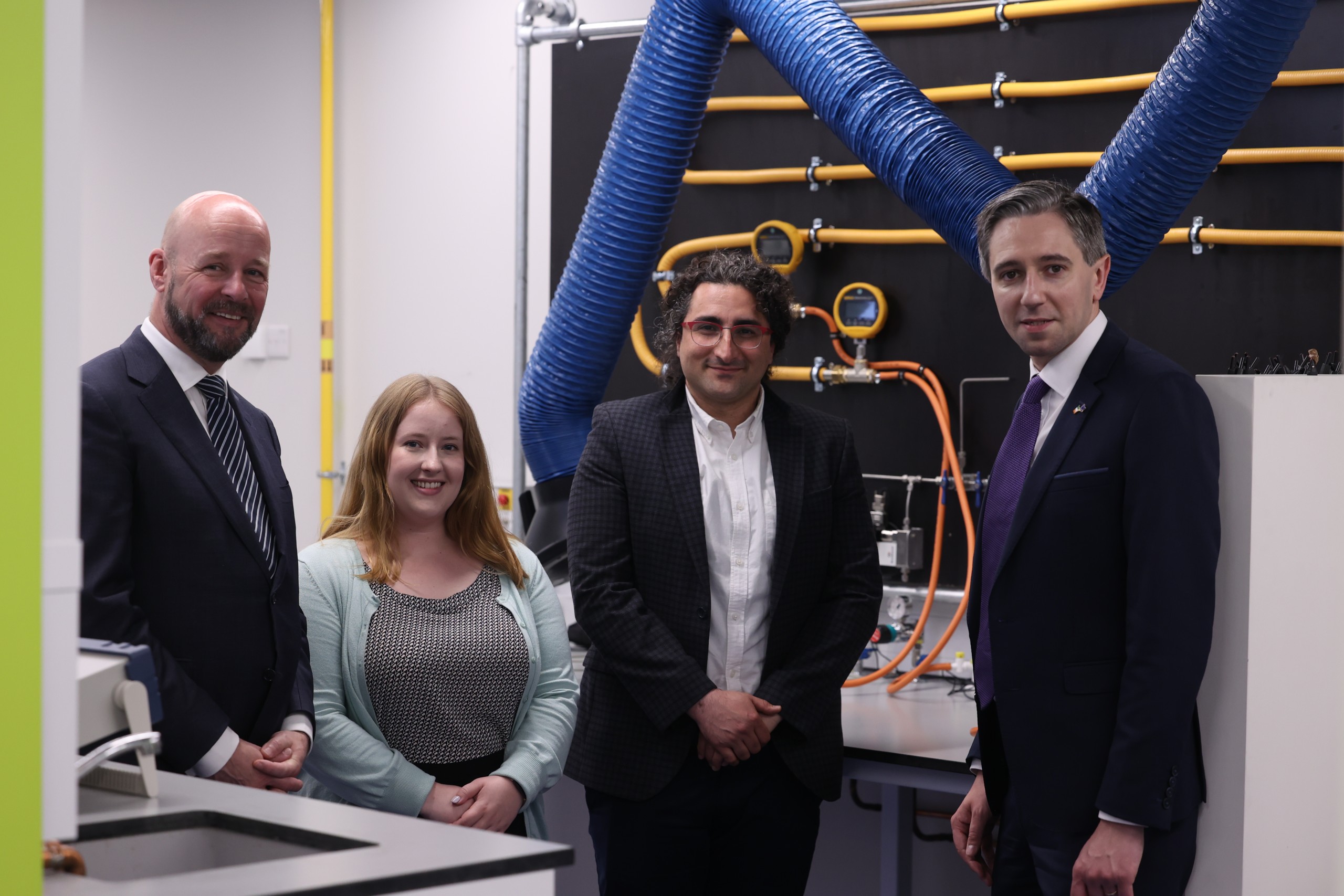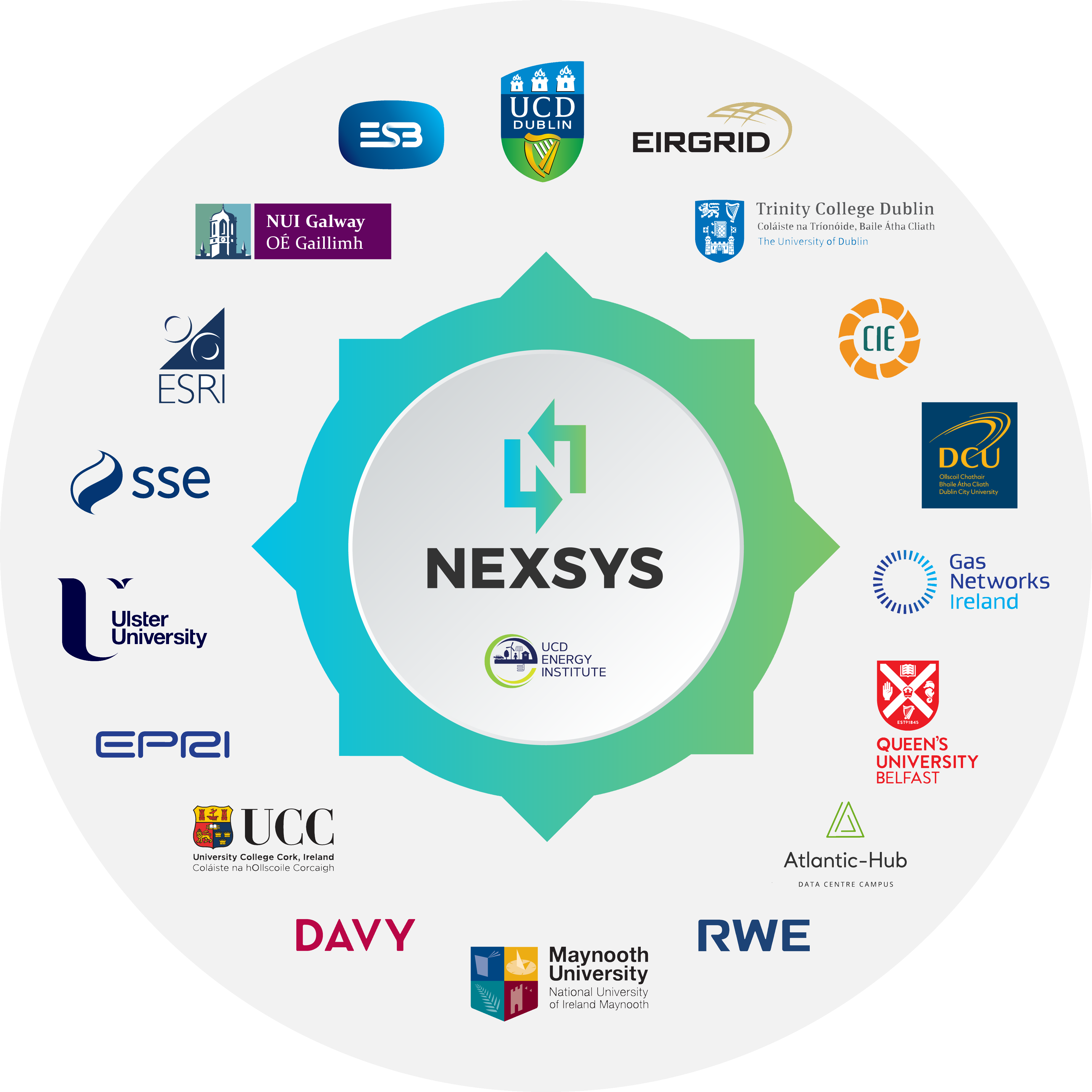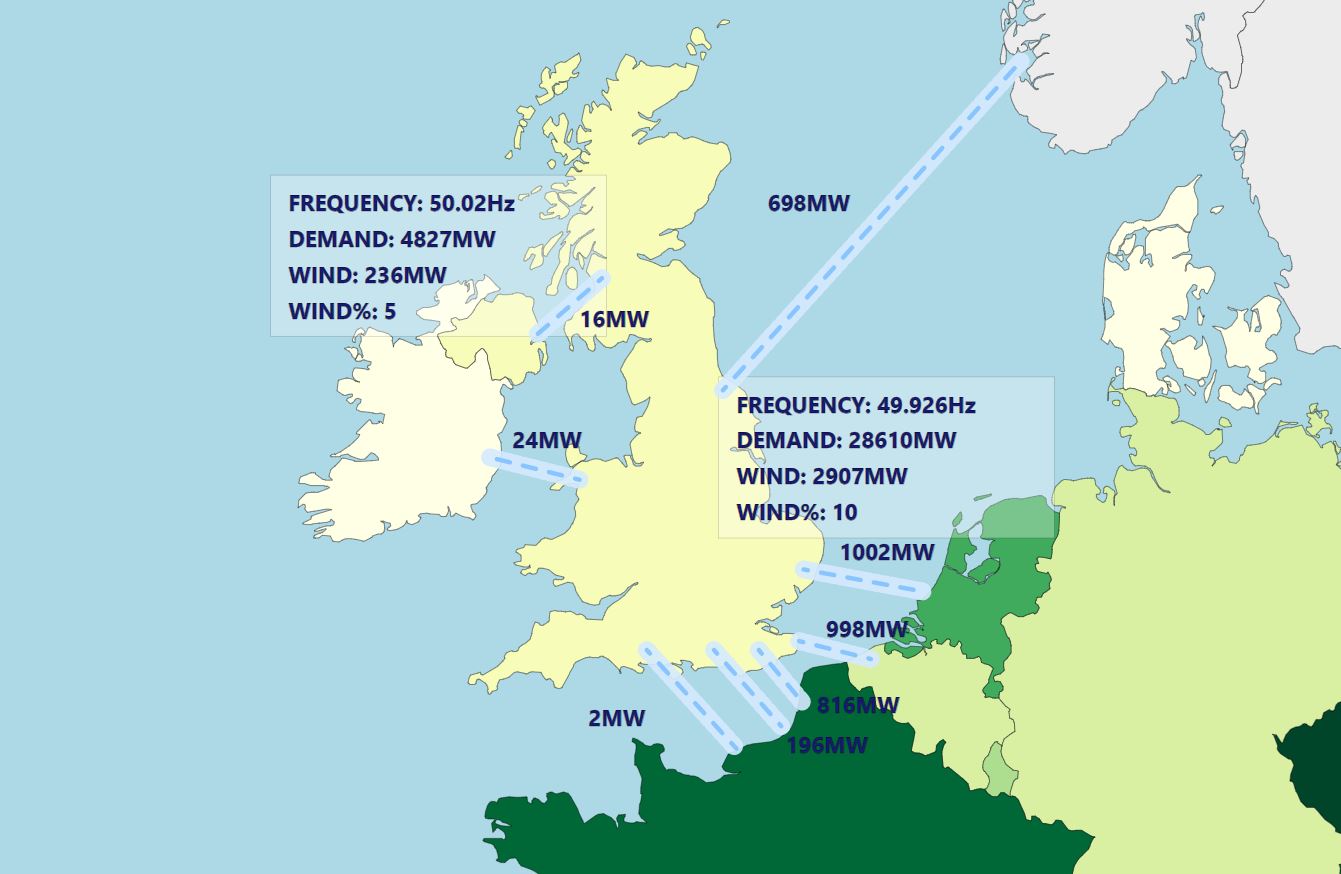Supporting Ireland’s transition to a secure, net zero energy future

Who we are
Formed in 2013, the core mission of the University College Dublin Energy Institute is to decarbonise our energy system. The Institute and its current central programme Next Generation Energy Systems (NexSys) brings together researchers from across the island, with the key industry actors, policymakers and communities to resolve the challenges of a just transition to a decarbonised system. This programme builds on the strong foundations of the Energy Systems Integration Partnership Programme (ESIPP), funded by SFI and industry that ran from 2016-21.

NexSys Academic and Industry Research Partners
What we did
We supported policy and outcomes in energy efficiency and decarbonisation of energy in Ireland and internationally through the Energy Systems Integration Partnership Programme (ESIPP) programme. In line with our core objectives for the programme, we successfully developed a strong talent pipeline of doctoral, postdoctoral and early career faculty in the internationally competitive and growing area of sustainable energy systems.
The programme’s directive to influence national and international energy policy was achieved through ESIPP academics providing analytical support to the Department of the Environment, Climate and Communications, and by their research outputs supporting actions by the Sustainable Energy Authority of Ireland (SEAI). The ESIPP programme also contributed to major climate dialogues including the Dublin Climate Dialogues and the 2021 United Nations Climate Change Conference (COP26).
Impact achieved
Creating a talent pipeline
Over the course of five short years, ESIPP delivered on its key objectives. The programme developed a strong pipeline of research talent impacting academic and industry sectors:
– 69 Masters graduates, 32 PhD graduates and 35 Postdoctoral fellows trained as system thinkers, applying a “whole-of-system approach” to the challenges of decarbonisation.
– 43% of trainee departures have moved to industry.
Influencing policy
ESIPP academics are shaping international energy policy and are directly involved in setting National policy.
– Provide analytical support to the Department of the Environment, Climate and Communications, particularly for the Climate Action plan, and are consulted on climate policy decisions.
– Research outputs used by the Sustainable Energy Authority of Ireland in determining priority housing retrofit locations.
– Leadership of the Dublin Climate Dialogues, featuring keynote speakers John Kerry, Fatih Birol (International Energy Agency (IEA)), Mary Robinson, several Government ministers and leading figures from industry and academia. The conclusions of the Dublin Dialogues were formally presented to the UK COP26 Presidency as a direct input to the COP26 discussion.
Tools and Technologies developed through programme
The ESIPP is supporting decision making in industry with demand response models for the water sector, exploring the future role of the gas network and opportunities for green hydrogen as a fuel.
New technologies deployed through spin-out companies include NovoGrid (Keane), OxyMem (Casey, Syron), and VorTech Water Solutions (Clifford). For example, OxyMem technology saves 75% energy in wastewater treatment using a novel biofilm. The company already had a staff of 60 when it was acquired by DuPont in 2019.
Leading in Europe
– €8 million in EU funding received over the course of the programme
– ESIPP team members are the National Representatives for Ireland on multiple International Energy Agency Task Forces
– ESIPP team members participate in the European Energy Research Alliance Joint Programmes in Energy Systems Integration (EERA JP ESI) and Smart Grids (EERA JP SG), which are designed to develop the technical and economic framework that governments and industries need to build the future efficient and sustainable European energy system.
Engagement
The programme team engaged with policy makers and other stakeholders through their Insight Series and policy-seminar series, and with the public through several media engagements in print, online, radio and TV. Leading ESIPP academics such as Professor Andrew Keane and Professor Lisa Ryan were featured in National media such as the Irish Times, the Irish Examiner, RTE News and Ireland AM, ensuring extensive reach of the team’s expertise.
Working with communities
The programme assesses the impact of policies and decisions on communities, directly engaging with them on the impact of decarbonisation. For example, the closure of two peat fired power plants in the midlands affects around 4,000 jobs in one of the country’s poorest regions, resulting in an uncertain future for the workers, their families, and the communities. Our researchers worked with those affected on a study investigating the application of ‘Just Transition’ principles. A report was prepared, and shared with the Just Transition Commissioner and other key stakeholders, including the local community through local radio, Shannonside FM. A key concern from the community was the suddenness of the decision without an alternative plan for the future of the region. Research undertaken continues to be shared through peer-reviewed publications.
What we learned
Learnings from ESIPP have informed the development of its successor programme Next Generation Energy Systems (NexSys). For example, the demand for practical, higher technology readiness level (TRL) support for industry has led to the development of the Integrated Energy Lab. Recognising the importance of transport for decarbonisation of energy systems, it has been added to the programme, bringing new academic expertise to the team as well as new co-funding partners. Other important learnings include the importance of an all-island approach to research bringing together academia, industry partners and policymakers; the need to support early career researchers through access to new funding and networks of collaborators and the need to address cost of living for PhDs students. In response, an internal researcher mobility scheme has been created, and the Energy Institute has provided a financial ‘top-up’ of €500 to PhD stipends, with 21 students benefiting.
